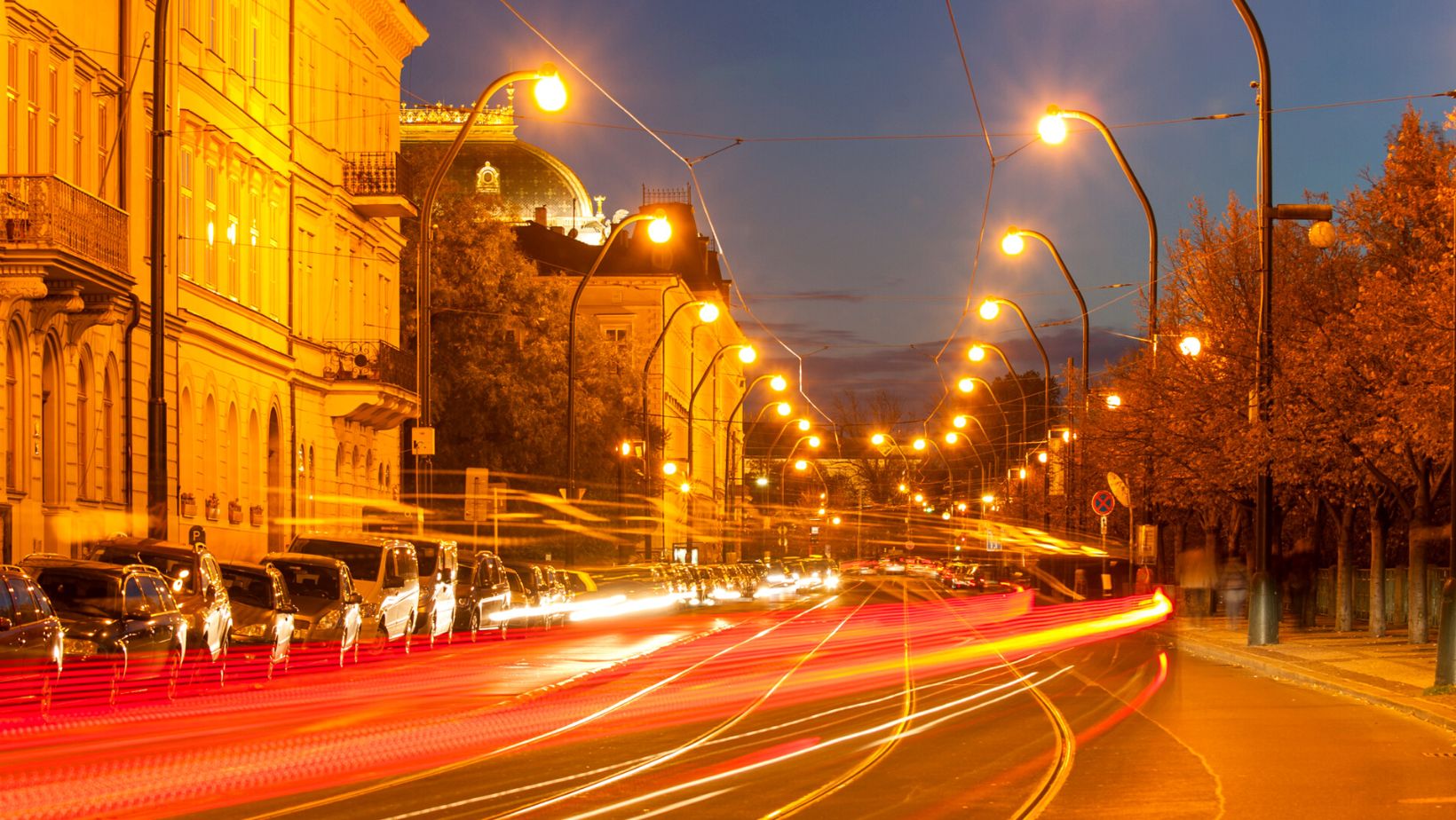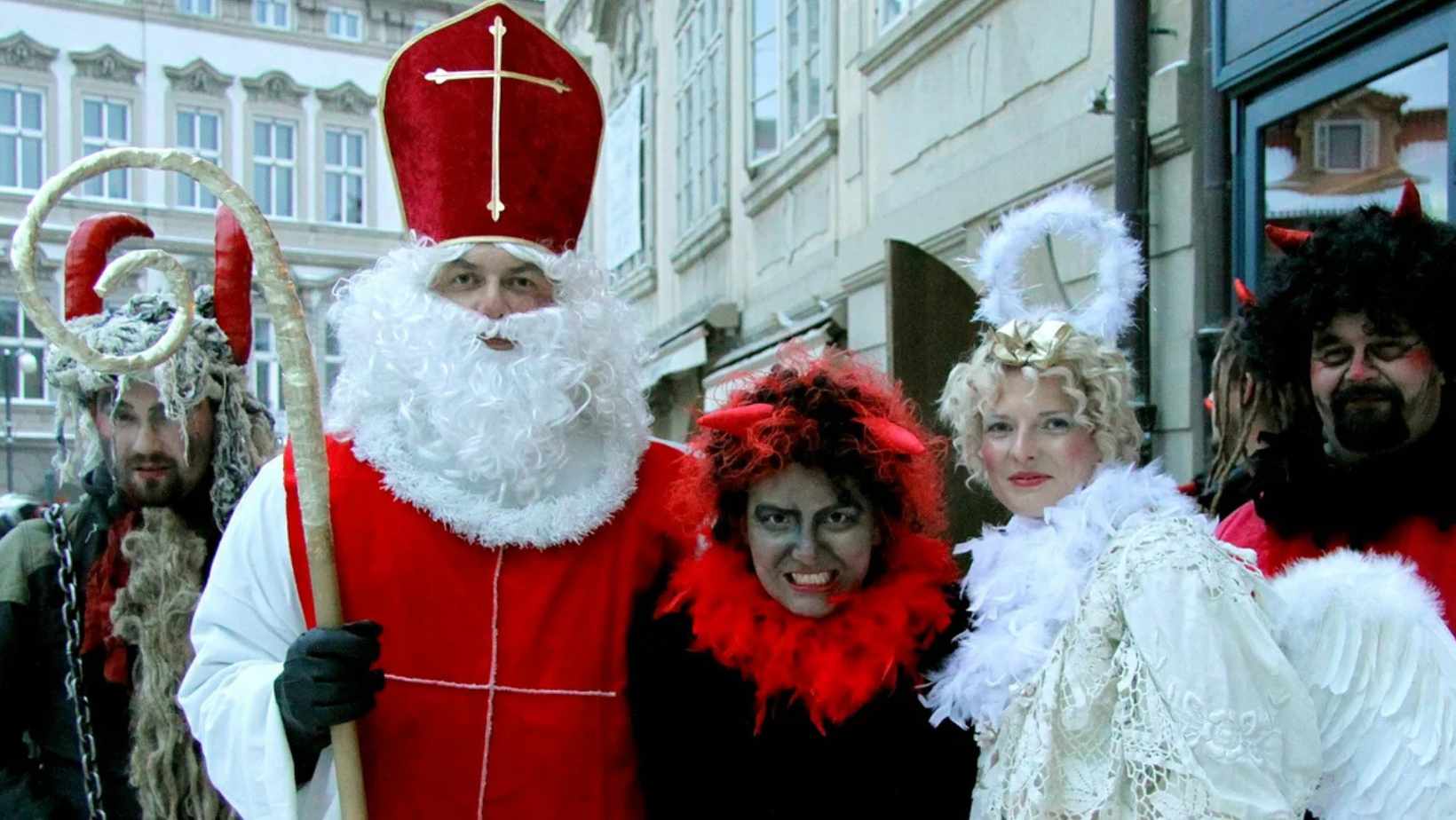A new policy aimed at the mitigation of light pollution will be introduced later this year.
The Czech Republic will introduce new light pollution legislation in March 2023. These policies will apply to newly-built public and private infrastructure and will outline the maximum and minimum lumens for light sources.
Outlined in the EU’s official publication on the matter, these new measures were “composed based on desktop research by a team at the Ministry of Environment of the Czech Republic”, and were designed to be in accordance with the EU’s Light Pollution Reduction Measures in Europe, which were set forth during the Czech Republic’s presidency of the EU.
These regulations will take effect in March 2023, and all new private and public construction projects will be obliged to conform to the maximum and minimum brightnesses set out in the law. Not retroactively enforced, all current and existing infrastructure will be exempt.
This isn’t the first time the Czech government has introduced legislation with the goal of mitigating light pollution. 2002 saw the enactment of the ‘Dark Sky Law’, which was one of the first laws in Europe that recognized this issue. I
t was included in an Act which regulated air pollution but was never fully realized – and eventually entirely removed during subsequent amendments to the Act.
In 2017, the Czech Republic once again attempted to reduce light pollution: a committee led by the Ministry of Environment began more intensive research into the problems of – and potential solutions to – this type of pollution.
This research was used to draft a law that focused on preventing light pollution in National Parks. On October 26th, 2022, Brno hosted the Light Pollution 2022 Workshop, which saw many European governments and businesses collaborating in an effort to reduce light pollution through the creation of more stringent European standards.
The Brno Appeal to Reduce Light Pollution in Europe was the culmination of the conference; a document that outlined several themes and goals participants pledged to pursue. According to the document, these include “acknowledging the scientific evidence on effects of light on living organisms during the night, … and stressing that light knows no borders as a light source can easily affect vast areas, which justifies the need for states to act in a coordinated manner”.
The Brno Appeal to Reduce Light Pollution in Europe also set forth more concrete and actionable goals, such as the rules for correct lighting.
”Only illuminate where and when necessary for public needs or work tasks … and do not direct the light towards the upper hemisphere or towards vulnerable habitats”, the document reads. This pledge underlined and informed the new legislation which deals with light pollution in the Czech Republic.
-
NEWSLETTER
Subscribe for our daily news











